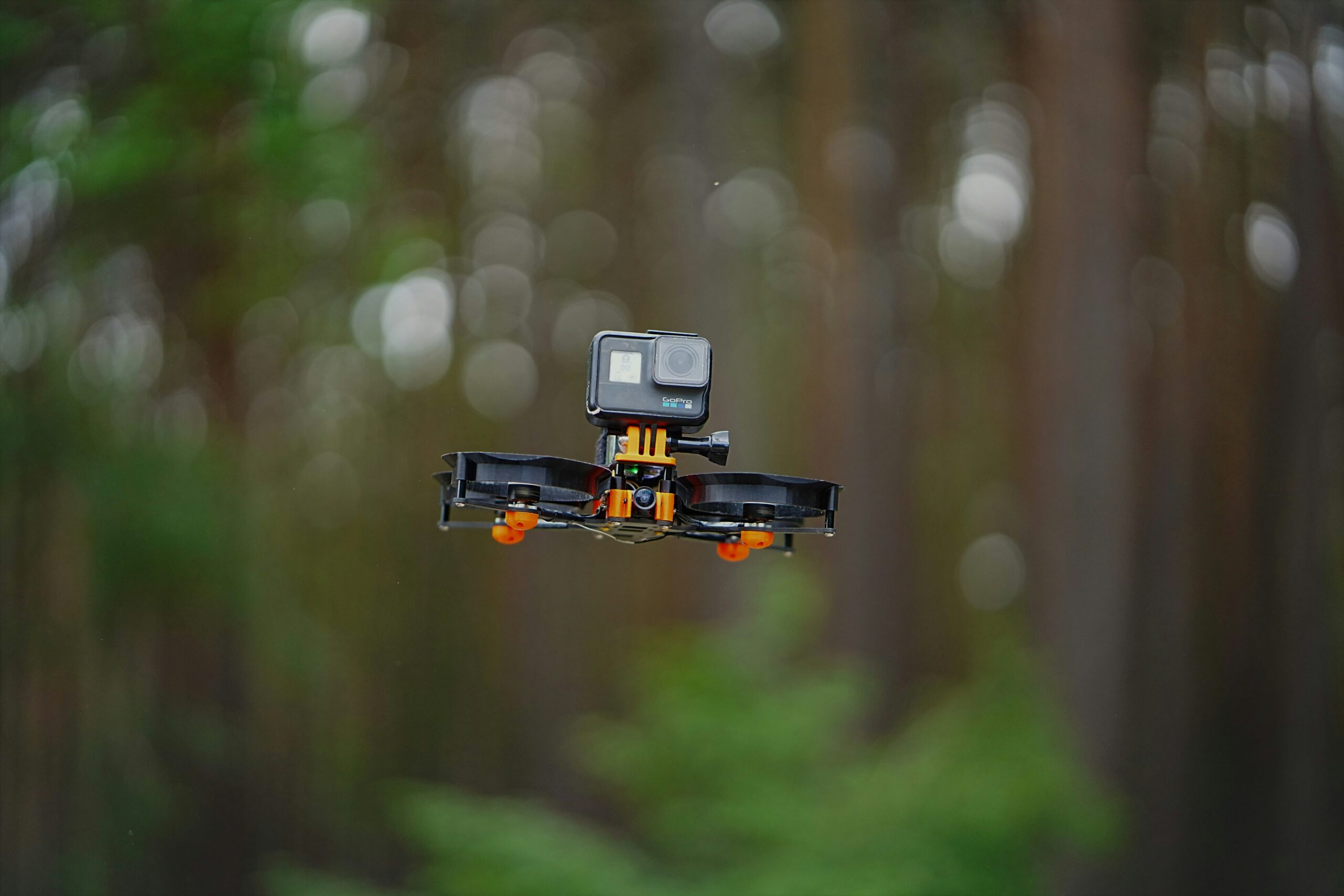This post is also available in:
 עברית (Hebrew)
עברית (Hebrew)
A study conducted at University at Buffalo trains ChatGPT to recognize locations in disaster victims’ social media posts and potentially help first responders reach victims more quickly and save more lives.
Disaster victims frequently turn to social media and plead for help when 911 systems become overloaded, yet first responders often don’t have the resources to monitor social media feeds during a disaster. The UB-led research team hopes their work could lead to AI systems that automatically process social media data for emergency services.
While current tools can be trained to recognize complete location descriptions, it would require a large dataset of accurately labeled location descriptions specific to a given local area, a labor-intensive and time-consuming process.
Yingjie Hu, associate professor in the UB Department of Geography and lead author of the study said: “Although there’s a lack of labeled datasets, first responders have a lot of knowledge about the way locations are described in their local area, whether it be the name of a restaurant or a popular intersection. So we asked ourselves: How can we quickly and efficiently infuse this geoknowledge into a machine learning model?”
According to Techxplore, the answer is GPT models- large language models that are already trained from billions of webpages, which Hu’s team thought could quickly learn to accurately interpret location data from social media posts.
To do so, the researchers first provided GPT with 22 real tweets from Hurricane Harvey victims and told it which words in the post described a location and what kind of location it was describing (whether it be an address, street, intersection, business or landmark). They then tested the geoknowledge-guided GPT on another 978 Hurricane Harvey tweets and asked it to extract the location words and guess the location category by itself. The geoknowledge-guided GPT models were 76% better at recognizing location descriptions than those not provided with geoknowledge.
However, it is crucial that the model receives good prompts from the humans operating it. For example, GPT may not consider a stretch of highway between two specific exits as a location unless specifically prompted to do so.
Hu reportedly hopes their efforts can simplify the use of AI technologies so that emergency managers can use them without being AI experts themselves. Further research will have to be done to use GPT’s extracted location descriptions to actually geolocate victims, and perhaps figure out ways to filter out irrelevant or false posts about a disaster.
The study was published in October in the International Journal of Geographical Information Science.


























